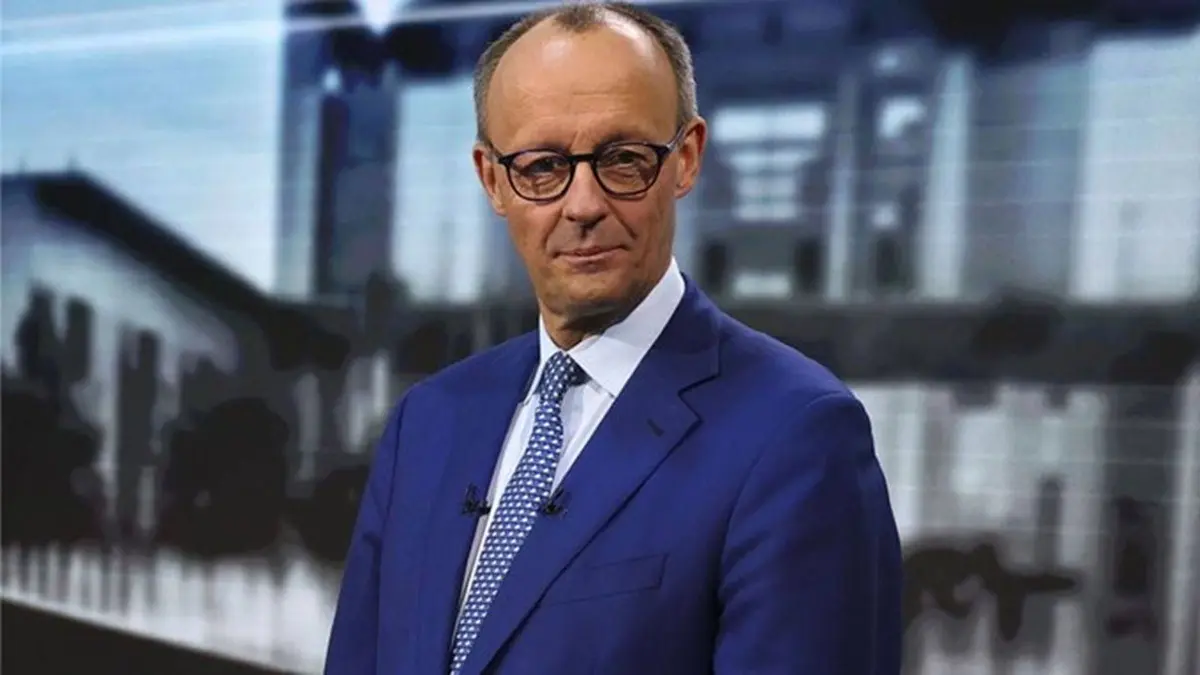Updated 6 May 2025 at 23:22 IST
Friedrich Merz Elected German Chancellor In Dramatic Second Round Of Voting
Friedrich Merz elected German Chancellor after second round of voting, marking a shift in German politics with impact on domestic and international policy.
- World News
- 3 min read

Berlin: Friedrich Merz has been elected as the new Chancellor of Germany, following a dramatic second round of voting in the Bundestag in the German parliament. The German election process was marked by intense negotiations and coalition talks, as no single party secured an absolute majority in the first round of voting. The need for a second round showcased the fragmented nature of the German parliament and the necessity for parties to find common ground. Friedrich Merz, the leader of the Christian Democratic Union (CDU), emerged as a consensus candidate, capable of bridging the gaps between different political factions.
According to reports, Merz election as Chancellor by parliament in a second round of voting was a historic moment for post-war Germany. The victory came after his alliance with the centre-left Social Democrats faced an unexpected setback in the initial attempt. Merz's victory marked a major shift in Germany's politics as he takes the helm with a promise to revitalise economic growth amidst global uncertainty.
The road to Merz's election was not without its hurdles. His failure to secure parliamentary backing in the first round was unprecedented and posed an embarrassment for the leader who has vowed to boost economic performance. Despite this initial setback, Merz's CDU/CSU alliance, which emerged victorious in the February federal election, successfully negotiated a coalition deal with the Social Democrats. The political partnership outlined ambitious plans to stimulate growth through measures such as corporate tax reductions and lower energy prices.
Advertisement
Furthermore, the coalition has pledged strong support for Ukraine and increased military spending, signalling a strong stance on international issues.
Merz, a seasoned politician who began his career as a European lawmaker in 1989, now faces the challenge of showcasing his leadership prowess in the political executive. At 69-year-old German politicians appointment marked his first role in a government office, bringing political experience but also the task of adapting to new responsibilities. Notably, only Defence Minister Boris Pistorius will retain his position from the previous government, while the rest of Merz's cabinet comprises new appointees, many of whom bring valuable private-sector experience to the table.
Advertisement
As Germany undergoes these political changes, the world watches with keen interest. Merz's leadership will be crucial in steering the country through turbulent economic waters and addressing pressing global issues. The success of his tenure will depend on his ability to implement his vision effectively and work collaboratively with his coalition partners.
The experts believed that with a clear agenda and a team of fresh faces, Merz is poised to make his mark on German politics.
Published By : Abhishek Tiwari
Published On: 6 May 2025 at 20:27 IST
